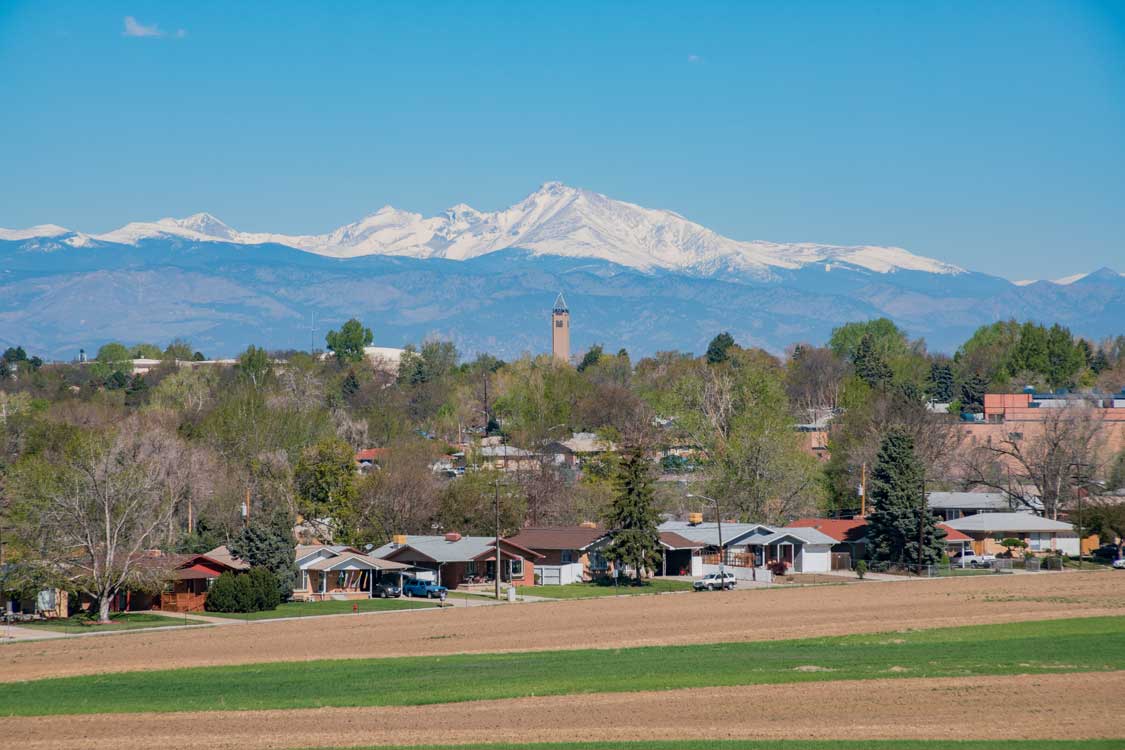If you’re a homeowner in Aurora, CO, you may have noticed the effects of hard water in your home. From limescale buildup in pipes and appliances to mineral stains on dishes and clothing, hard water can be a real nuisance. That’s where water softeners come in. At Done® Plumbing, Heating, Cooling and Electric, we’re here to help you understand what a water softener is, how it works, and why it’s important for your Aurora home.
What Is a Water Softener?
A water softener is a device designed to remove minerals like calcium and magnesium from hard water. These minerals are common in the water sources that supply Aurora and the greater Denver area, making water softeners a popular choice for homeowners in the region. Water softeners use a process called ion exchange to replace hard minerals with sodium or potassium ions, effectively “softening” the water.
Why Is Water Softening Important in Aurora, CO?
Aurora’s water supply comes from sources like the Colorado River and groundwater, which are naturally high in minerals. While these minerals aren’t harmful to your health, they can cause a variety of issues in your home:
- Limescale buildup in pipes, appliances, and fixtures, reducing their efficiency and lifespan
- Mineral stains on dishes, clothing, and surfaces
- Reduced lather and cleaning power of soaps and detergents
By installing a water softener, you can protect your plumbing system, extend the life of your appliances, and enjoy cleaner, softer water throughout your home.
How Does a Water Softener Work?
A water softener typically consists of two main components: a resin tank and a brine tank. Here’s how the process works:
- Hard water enters the resin tank, which is filled with small resin beads coated in sodium or potassium ions.
- As the water passes through the resin tank, the calcium and magnesium ions are attracted to the resin beads and replaced with sodium or potassium ions.
- The softened water then flows into your home’s plumbing system, ready for use.
Regeneration Process
Over time, the resin beads become saturated with hard minerals and need to be recharged. This is where the brine tank comes in:
- During regeneration, a brine solution (salt water) is flushed through the resin tank.
- The brine solution removes the accumulated minerals from the resin beads, flushing them away.
- The resin beads are then replenished with fresh sodium or potassium ions, ready to soften more water.
Choosing the Right Water Softener for Your Colorado Home
When selecting a water softener for your Aurora home, it’s important to consider factors like household size, water hardness level, and water consumption. At Done!, our experienced plumbers can help you choose the best water softener for your specific needs and budget. We’ll also professionally install, maintain, and repair your water softener to ensure optimal performance.
Water Softener Maintenance Tips for Homeowners
To keep your water softener running smoothly, follow these simple maintenance tips:
- Regularly check and top off the salt levels in your brine tank to ensure effective regeneration.
- Schedule annual maintenance with Done! to inspect and clean your water softener.
- Monitor your water quality and contact us if you notice any changes or issues with your softened water.
One Call… It’s Done!
As your local, trusted provider of water softening solutions in Aurora and the Greater Denver area, Done! is here to help. Our skilled plumbers have the expertise to recommend, install, and service the best water softeners for your home. Experience the benefits of softened water and protect your plumbing system by contacting Done! today at (833) 539-9153 or emailing us at [email protected].







